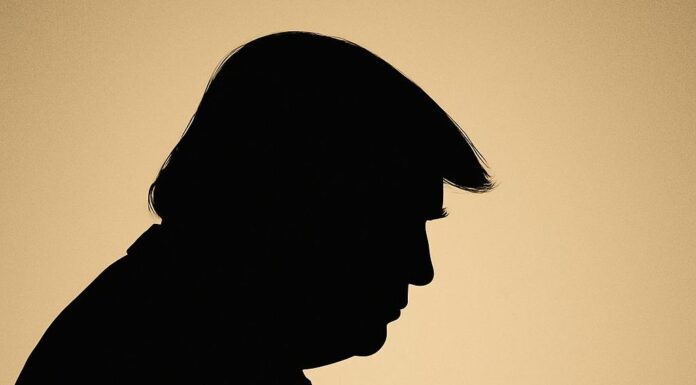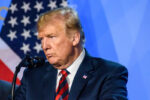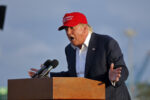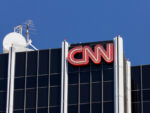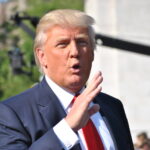Health and Human Services Secretary Robert F. Kennedy Jr. revealed Monday that President Donald Trump regularly contacts him with persistent questions about the administration’s health initiatives, specifically asking Kennedy, “Why aren’t people healthier yet?”
During a press conference on Monday, August 5, Kennedy disclosed that Trump contacts him three or four times per week to monitor progress on health-related policies. Kennedy indicated that the President called him the night before the press conference and consistently applies pressure regarding the timeline for health improvements across the nation.
The frequent communications occur as part of Trump’s Make America Healthy Again campaign, which represents a variation of his original 2016 Make America Great Again slogan. Kennedy, known for his skeptical stance on vaccines, was speaking alongside state governors and Cabinet officials to promote new policies aimed at restricting the purchase of soda and candy with food stamps.
Kennedy emphasized that the administration has full presidential support for these health initiatives. He stated that Trump promised to make America healthy again and intends to fulfill that commitment. The MAHA campaign has included notable efforts such as pushing Coca-Cola to sell cane sugar-based sodas in the United States.
Despite Kennedy’s public statements about presidential support, his tenure has involved significant changes within federal public health organizations. He has overseen funding cuts and layoffs, most recently removing all 17 experts from the Advisory Committee on Immunization Practices and installing fellow skeptics in their positions.
The revelations about Trump’s calling habits align with broader patterns of presidential communication documented in other contexts. According to previous reports from The Atlantic in June, Trump maintains extensive phone contact with numerous individuals outside the traditional government channels. Security experts have raised concerns about the President’s continued use of personal cellphones, particularly after Chinese hackers reportedly compromised U.S. telecommunications networks before the election.
The Chinese intrusion, publicly described by federal officials on October 25, potentially allowed foreign actors to eavesdrop on calls involving Trump, his running mate J.D. Vance, and other political figures. Despite security warnings spanning more than a decade about risks associated with using personal iPhones with broadly circulated numbers, Trump has maintained his communication preferences.
Former Obama administration officials have characterized such communication practices as presenting significant security risks. Ben Rhodes, President Barack Obama’s former speechwriter and deputy national security adviser, described the situation as an obvious massive risk, particularly given documented Chinese penetration capabilities. Joel Brenner, a senior research fellow at MIT’s Center for International Studies and former head of U.S. counterintelligence, noted dangers including interception risks, impersonation possibilities, and the potential for unprepared diplomatic interactions.
The frequent Trump-Kennedy conversations occur amid broader health policy initiatives that have generated both support and controversy. The administration’s efforts to restrict food stamp purchases of certain items represent part of a larger strategy to address American health outcomes through policy modifications.
Kennedy’s background as a controversial health figure has influenced his approach to federal health agencies. His vaccine skepticism and recent personnel changes within public health organizations have drawn attention from both supporters and critics of the administration’s health policies.
The Make America Healthy Again initiative encompasses various components beyond food stamp restrictions. The campaign has targeted specific corporate practices, including efforts to influence beverage companies’ product formulations and marketing strategies within the United States market.
Trump’s hands-on approach to monitoring health policy progress through regular phone calls demonstrates his direct involvement in policy implementation. Kennedy’s descriptions of the conversations suggest the President maintains personal oversight of health initiatives rather than relying solely on formal reporting structures.
The timing and frequency of these communications indicate that health policy remains a priority for the Trump administration. Kennedy’s public disclosure of the calling pattern provides insight into the President’s management style and his expectations for rapid policy results across government agencies.
As the administration continues implementing health-related policies, the regular Trump-Kennedy communications are likely to persist. The President’s expressed urgency about health improvements suggests ongoing pressure for measurable results from federal health agencies under Kennedy’s leadership.


